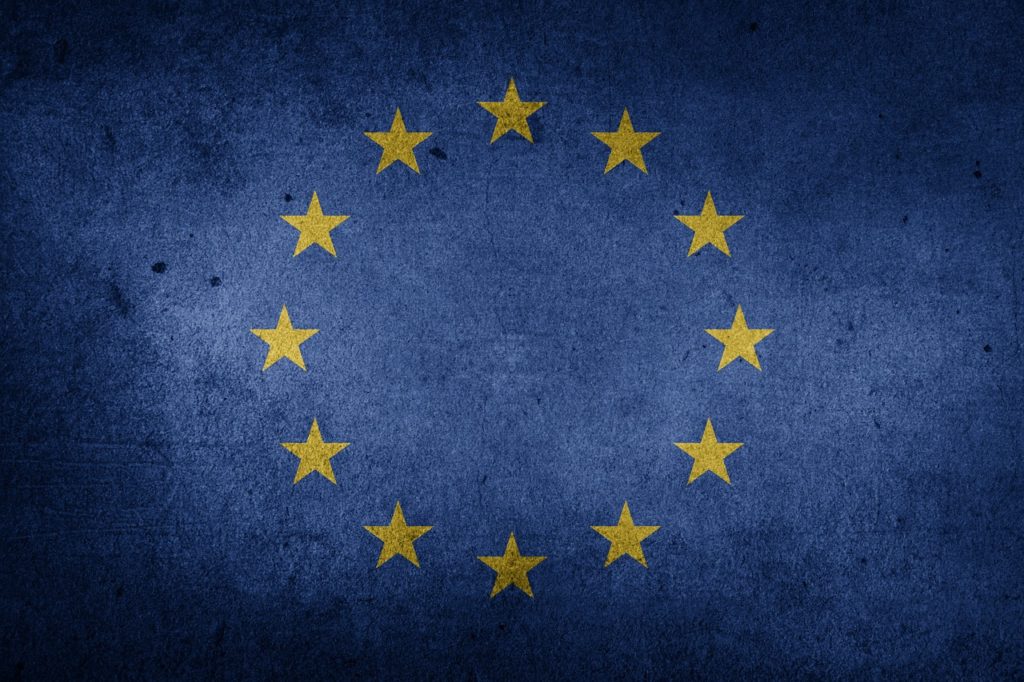
By Professor Pervez Ghauri
Department of Strategy and International Business, University of Birmingham
With a very little time left and both parties not moving much form their positions, it seems that we are heading towards a no-deal Brexit.
Back in early 1960s when the economy was bad, Britain’s entry to Europe’s common market was denied twice. Finally, Britain was allowed in when Charles de Gaulle was no longer the French President, in 1973. Although this was widely celebrated, some people and political parties demanded that people must have a say. The idea was put to a referendum in 1975, that was convincingly won by the remain side. Since then almost every British leader was elected on an anti-Europe agenda.
During the election campaign for a second period, Cameron cornered by increasing opposition from his own party and UK Independent Party (UKIP), announced that if he wins the elections, he will hold a referendum to remain or leave the EU. Cameron thus, had to hold a referendum in 2016. Some of us could hardly believe that people voted to leave the EU by a margin of 3.8%, thus Brexit. After referendum, it took almost three years and two elections to get the parliament’s approval to exit from the European Union. The new government was able to get the approval of its parliament to get out of EU with effect from January 31st 2020.
Now that the exit is decided, this transition period of negotiations could have been conducted amicably. However, while the EU has demonstrated a preference for a rational approach, the UK has taken a rather emotional approach backed by slogans such as ‘take back control’. There are precedents that are available to both sides. These are based on agreements with other countries that are not EU members but still enjoy good relationship with Europe. The three most obvious options are:
Norway Model: Access to the single market by paying a membership fee and allowing free movement of people. Canada Model: Free trade in many products and services and no free movement of people. No Deal: All present arrangements will cease to exist, and several agreements will have to be negotiated following the World Trade Organisation (WTO) rules for trade. More recently the ‘Australia deal’ is being discussed in government circles, although it is not much different from the trade following WTO rules.
Ideally, UK wants Single market access and special agreements to be negotiated for financial services and security issues, Northern Ireland border and no free movement of people. EU wants to prevent the UK from undercutting EU with trade agreements with its partners, agreement on state aid to companies, labour standards, and environmental rules. It also wants some governance system for future conflict through European Court of Justice. UK demands that it must take control of its fishing waters that EU wants to have access with some quotas for European fishermen. There are other contentious issues such as, services, public procurement, data rules, transport, and aviation. With a very little time left and both parties not moving much form their positions, it seems that we are heading towards a no-deal Brexit.
Now that the government has a majority in the parliament, it can be flexible on issues such as, fisheries while EU can be flexible on their demand for a level playing field. Considering the present pandemic situation, most governments are subsidising their companies in any case. If this type of flexibility is shown by the British, the EU might also be flexible on other issues including services. Negotiations, after all, mean ‘give’ and ‘take’ and compromise. However, both parties seem to have different priorities, while EU is more concerned about the economics and trade implications, UK seems mainly to be concerned about sovereignty and independence and hope to get preferential deals with the US and Commonwealth countries.
At the same time UK has started trade negotiations with the US, who has already put forward its conditions; that UK needs to cancel its agreement with Huawei on 5G network development and exclude China from other deals, including the agreement on nuclear plants. It is however not wise to rush into a deal with the US with the present government, that wants to take control of UK’s foreign policy, security and trade relations. That would not be helpful in achieving the goal of gaining sovereignty.
Europe is the biggest trade partner for Britain in value and volume, much bigger than USA and Commonwealth countries put together. Moreover, these countries have their own priorities about what they want to achieve through trading with Britain. America also wants Britain to open its food and pharmaceutical markets for American firms, while UK citizens do not like to have chlorine washed chicken, hormone filled beef, genetically modified food products and highly inflated branded medicines. Besides, they are not in shortage of all these products.
The views and opinions expressed in this article are those of the author and do not necessarily reflect the official policy or position of the University of Birmingham.
